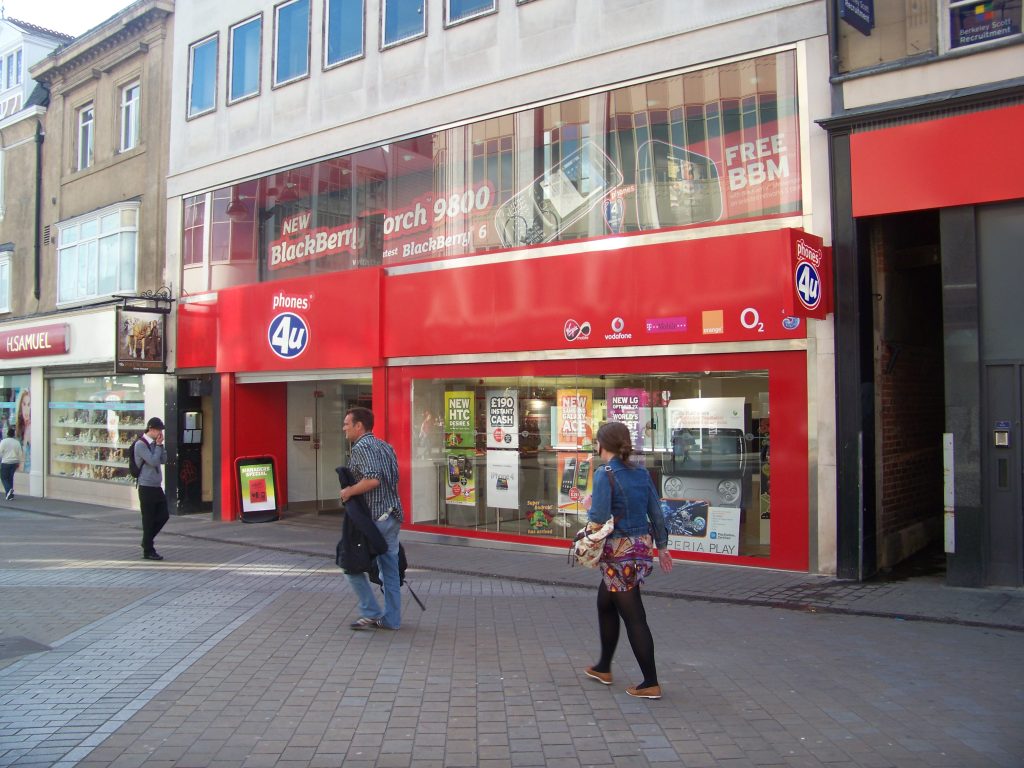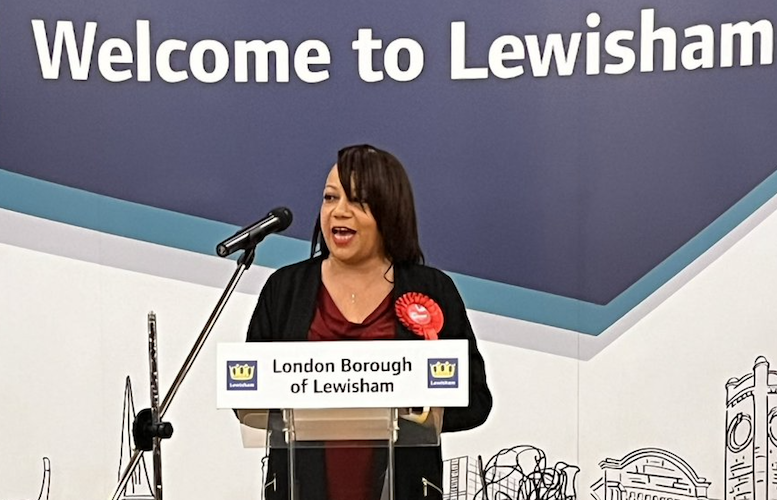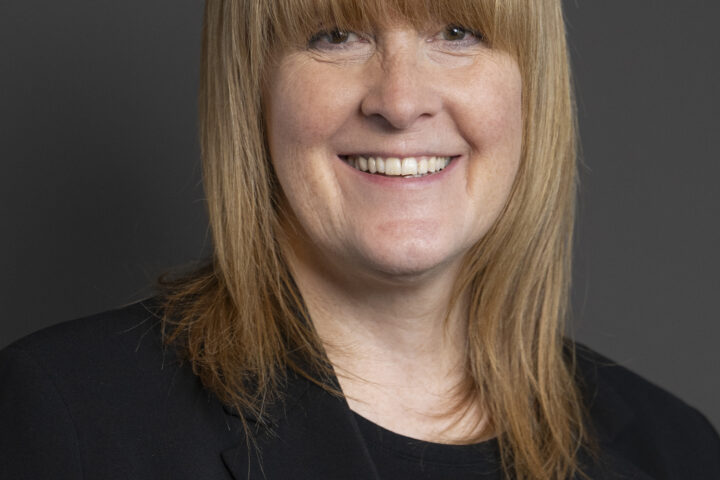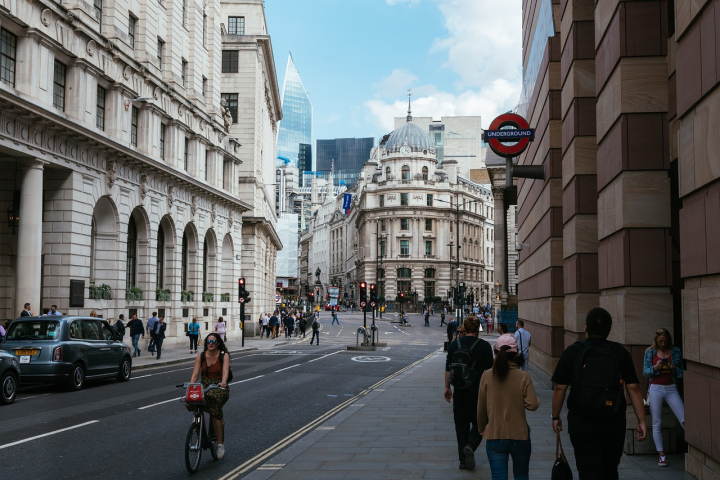The UK government’s ambitious plans to reform the country’s railways through the creation of Great British Rail (GBR) are facing significant setbacks, putting potential savings amounting to billions at risk, according to a critical report from the National Audit Office (NAO).
The proposal, announced in 2021, aimed to establish GBR as a state-owned entity to address challenges in the struggling rail sector, including cancellations, delays, and financial difficulties. However, the NAO’s damning findings reveal that the majority of commitments outlined in the government’s white paper are still either incomplete or halted, with around a third requiring legislative action. The Department for Transport (DfT) is criticized for adopting a “high-risk” timetable without a clear implementation plan.
The report also discloses that the DfT spent £3.1 billion on passenger service subsidies in 2022/23, deemed unsustainable and burdensome for taxpayers. Excellent British Rail has faced multiple delays, leading to a potential loss of three-quarters of the projected £2.6 billion savings by 2024-25.
Labour’s Shadow Rail Minister, Stephen Morgan MP, condemned the Tories for failing to reform the rail system, emphasizing the lack of passenger improvement and increased costs for taxpayers. Persistent financial challenges at significant rail companies, exacerbated by the pandemic, have fueled an ongoing dispute with unions, resulting in strikes costing the sector over a billion and lasting more than a year and a half. Mick Lynch, RMT general secretary, described the report as confirmation that passengers and taxpayers have suffered due to the government’s chaotic railways management.
A DfT spokesperson attributed the £3.1 billion subsidies to external pressures, not linked to rail reform savings, and emphasized the government’s commitment to improving the industry through the recently published draft Bill, including initiatives such as expanding Pay As You Go ticketing and piloting simpler fares.






